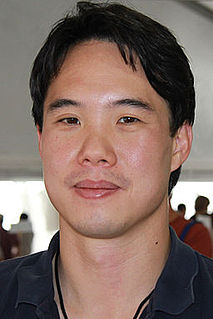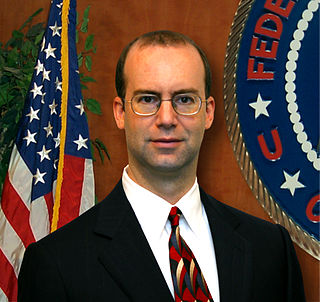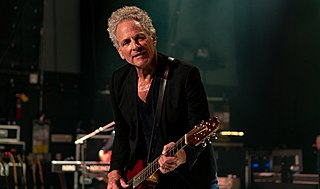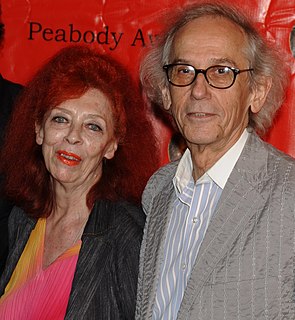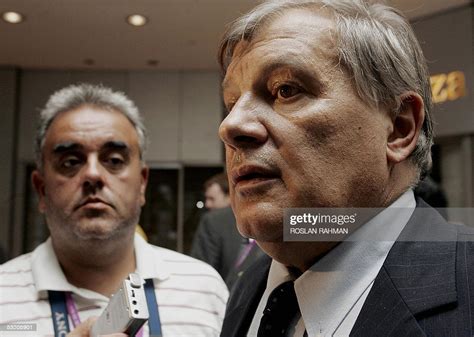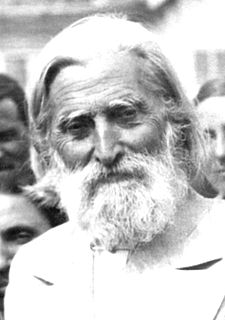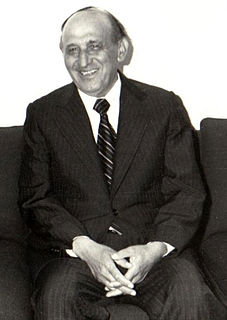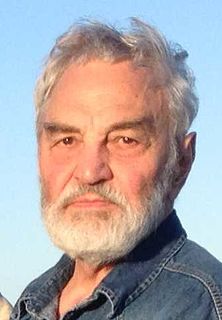A Quote by Miroslav Penkov
In certain places, not always, there are moments where I tried to convey in English a sense of foreignness. I wanted the reader to get the sense that another language is being spoken.
Related Quotes
It is not easy to convey a sense of wonder, let alone resurrection wonder, to another. It’s the very nature of wonder to catch us off guard, to circumvent expectations and assumptions. Wonder can’t be packaged, and it can’t be worked up. It requires some sense of being there and some sense of engagement.
I remember one English teacher in the eighth grade, Florence Schrack, whose husband also taught at the high school. I thought what she said made sense, and she parsed sentences on the blackboard and gave me, I'd like to think, some sense of English grammar and that there is a grammar, that those commas serve a purpose and that a sentence has a logic, that you can break it down. I've tried not to forget those lessons, and to treat the English language with respect as a kind of intricate tool.
There is a certain age at which a child looks at you in all earnestness and delivers a long, pleased speech in all the true inflections of spoken English, but with not one recognizable syllable. There is no way you can tell the child that if language had been a melody, he had mastered it and done well, but that since it was in fact a sense, he had botched it utterly.
The revival of Hebrew, as a spoken language, is a fascinating story, which I'm afraid I cannot squeeze into a few sentences. But, let me give you a clue. Think about Elizabethan English, where the entire English language behaved pretty much like molten lava, like a volcano in mid-eruption. Modern Hebrew has some things in common with Elizabethan English. It is being reshaped and it's expanding very rapidly in various directions. This is not to say that every one of us Israeli writers is a William Shakespeare, but there is a certain similarity to Elizabethan English.
Translated literature can be fascinating. There's something so intriguing about reading the text second hand - a piece of prose that has already been through an extra filter, another consciousness, in the guise of the translator. Some of my favorite writers who have written in English were doing so without English being their first language, so there's a sense of distance or of distortion there, too. Conrad. Nabokov. These writers were employing English in interesting ways.
It is clear from a common sense viewing of the program that coarse language is a part of the culture of the individuals being portrayed. To accurately reflect their viewpoint and emotions about blues music requires airing of certain material that, if prohibited, would undercut the ability of the filmmaker to convey the reality of the subject of the documentary.
My sense is that we may not need the language of innateness or genetics to understand that we are all ethically bound to recognize another person's declared or enacted sense of sex and/or gender. We do not have to agree upon the "origins" of that sense of self to agree that it is ethically obligatory to support and recognize sexed and gendered modes of being that are crucial to a person's well-being.
Shakespeare's always been sitting on my back, since I began reading. And, certainly, as a writer, he's who I hear all the time. And he's almost indistinguishable now from the English language. I have no sense of what Shakespeare is like. I have no sense of the personality that is Shakespeare. I think, alone among writers, I don't know who he is.
Always get to the set or the location early, so that you can be all alone and draw your inspiration for the blocking and the setups in private and quiet. In one sense, it's about protecting yourself; in another sense, it's about always being open to surprise, even from the set, because there may be some detail that you hadn't noticed. I think this is crucial. There are many pictures that seem good in so many ways except one: They lack a sense of surprise, they've never left the page.
Joyce's writing in Dubliners contains some of the most unshowily beautiful sentences in the English language. I learned from him that if you write a good, clean line of English, you can get under a reader's skin. The reader won't even know why, but there you are. Didion, Berger, the many others I mentioned above, and many, many poets I haven't mentioned. Writers of this calibre are the moving targets the rest of us are always chasing.






